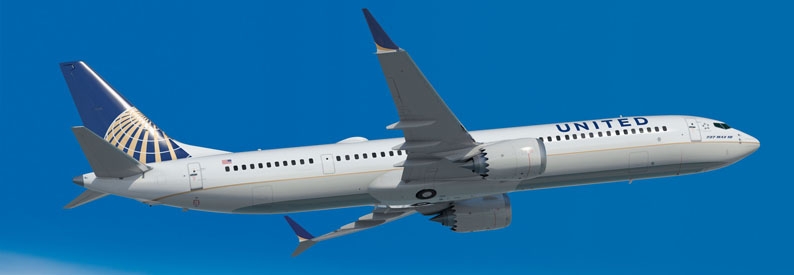United Airlines Cuts 35 Daily Flights at Newark Over ATC Crisis

United Airlines will reduce its daily schedule at Newark Liberty International Airport by approximately 35 round trips—about 10 percent of its operations—citing persistent air traffic control staffing shortages and repeated equipment failures at the Federal Aviation Administration’s Newark facility. In a letter to customers, CEO Scott Kirby explained that critical radar and communications technology used by FAA controllers at the Philadelphia Terminal Radar Approach Control, which services Newark, has suffered multiple malfunctions since April 28, triggering over 100 United flight cancellations, at least 37 diversions and widespread delays that stranded thousands of passengers.
Kirby noted that more than 20 percent of Newark’s assigned controllers have “walked off the job” amid ongoing disputes, leaving an already understaffed facility unable to safely manage current traffic volumes. “This particular air traffic control facility has been chronically understaffed for years,” he wrote. “Without these controllers, it is clear—and the FAA tells us—that Newark airport cannot handle the number of planes scheduled to operate there in the weeks and months ahead.”
The carrier’s decision follows the FAA’s own admission that both equipment breakdowns and staffing shortfalls played a significant role in the disruptions. At the heart of the crisis were failures in telecommunications and radar systems at Philadelphia TRACON, which coordinates arrivals and departures for one of the nation’s busiest airports. With no immediate resolution to the technology gaps or controller vacancies, United concluded that scaling back its Newark hub schedule is the only viable way to protect customer safety and reliability.
United’s revised timetable will take effect immediately, with the 35 round-trip reductions spread across peak and off-peak hours. Passengers booked on impacted flights will be rebooked on alternative United services when available, or offered travel waivers to change itineraries without penalties. The airline has also increased staff at customer service counters to assist travelers affected by the cuts and has expanded online support to manage re-accommodation requests.
Newark Liberty has long struggled with congestion—handling more than 50 million passengers in 2023—and has historically relied on a robust pool of FAA controllers to maintain efficient traffic flow. However, recruitment and retention challenges, exacerbated by a 2020 hiring freeze and training backlogs during the pandemic, have left critical positions vacant. Emergency equipment upgrades are reportedly underway, but the FAA has warned these fixes could take months to complete and additional hiring measures time to bear fruit.
Industry analysts say United’s move may prompt other carriers serving Newark, including American and JetBlue, to consider similar schedule adjustments if the ATC crisis persists. The Air Line Pilots Association has urged the FAA to accelerate controller recruitment and modernize aging infrastructure to prevent further disruption at Newark and other high-traffic TRACON facilities.
In his letter, Kirby expressed disappointment at cutting an already reduced schedule but emphasized that passenger safety and on-time performance must take precedence. “We feel like there is no other choice in order to protect our customers,” he wrote. United will continue to monitor developments closely, working with the FAA and other stakeholders to restore full service as soon as the facility is deemed capable of handling demand without compromising operational integrity.
As Newark seeks long-term solutions—ranging from new hiring incentives to technology overhauls—United’s proactive schedule reduction underscores the critical importance of a fully staffed and reliably equipped air traffic control system in maintaining the nation’s aviation network.
Related News : https://airguide.info/?s=United+Airlines
